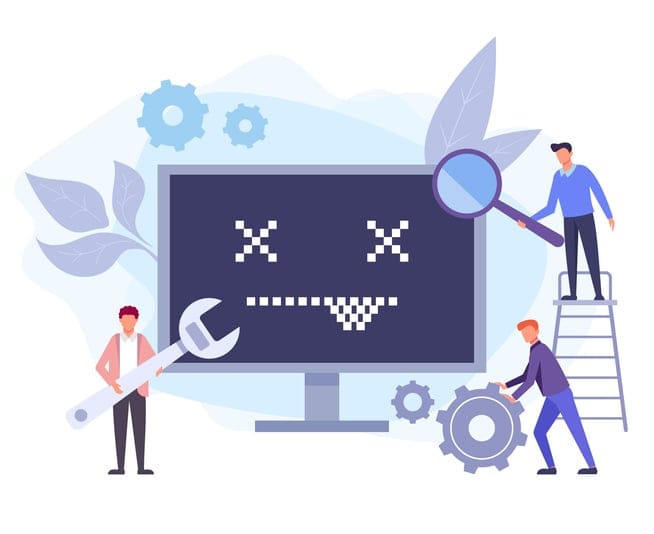
Want to know how much website downtime costs, and the impact it can have on your business?
Find out everything you need to know in our new uptime monitoring whitepaper 2021







While not surprising, two reports in November confirmed the growing importance of mobile devices for accessing the internet. StatCounter, a Dublin-based web analytics company, announced that 51.3% of worldwide internet usage in October took place on tablets and mobile devices, compared to 48.7% on traditional desktops, marking the first time that desktop-based internet traffic was not in the majority.
Three days after StatCounter released their report, Google announced it was moving towards implementing a mobile-first indexing scheme. Google stated: “To make our results more useful, we’ve begun experiments to make our index mobile-first. Although our search index will continue to be a single index of websites and apps, our algorithms will eventually primarily use the mobile version of a site’s content to rank pages from that site, to understand structured data, and to show snippets from those pages in our results. Of course, while our index will be built from mobile documents, we’re going to continue to build a great search experience for all users, whether they come from mobile or desktop devices.”
Do not underestimate the significance of Google’s announcement. This indexing scheme is a major change, and you should make sure your website is ready when Google fully implements it to ensure your site doesn’t receive a lower search rank. Here are the answers to a few key questions about the proposed change.
If you’ve already designed your website to scale automatically for display on mobile devices and you display the identical information on both desktops and mobile devices, congratulations – you don’t have to do anything, assuming your page loading speed is not slow on mobile devices. Google uses page loading speed in its algorithm as one of the measures when determining search rank, so consider using a website monitoring service to ensure your site loads quickly and gets the search rank you deserve.
Google will implement mobile-first indexing incrementally over the coming months, so you have enough time to get your site ready. Upgrade your site using a responsive design that automatically adjusts to display properly on both desktops and mobile devices. Test your new site thoroughly before launching, and verify that Google’s search bot can index your mobile site.
What if you have separate desktop and mobile sites?
If you have two versions of your site, be sure your mobile version displays the same content as your desktop version. Submit both sites to Google for indexing, and be sure that Google’s search bot recognizes the mobile version of your site.
Consider implementing these suggestions as soon as possible, and over the next few months, keep checking on your search rank to be sure Google’s new indexing scheme has not adversely affected you. Use of mobile devices will continue to increase, so be sure you keep your website optimized for them. Whether you’re selling a product or providing information, don’t give yourself a competitive disadvantage by ignoring Google’s new initiative.
Share this

3 min read For any web developer, DevTools provides an irreplaceable aid to debugging code in all common browsers. Both Safari and Firefox offer great solutions in terms of developer tools, however in this post I will be talking about the highlights of the most recent features in my personal favourite browser for coding, Chrome DevTools. For something

6 min read There has certainly been a trend recently of using animations to elevate user interfaces and improve user experiences, and the more subtle versions of these are known as micro animations. Micro animations are an understated way of adding a little bit of fun to everyday user interactions such as hovering over a link, or clicking

2 min read Read about the latest websites that have experienced downtime including Netflix, Twitter, Facebook and more inside!

2 min read Read about how Google suffered an outage due to the soaring temperatures in the UK in July and how they rectified it right here!

3 min read See the results of our website downtime survey to see some of the most shocking and surprising stats! You won’t be disappointed.

6 min read Find out everything you need to know about Dark Mode and what you can do, as a developer, to make it easier to use.
Find out everything you need to know in our new uptime monitoring whitepaper 2021